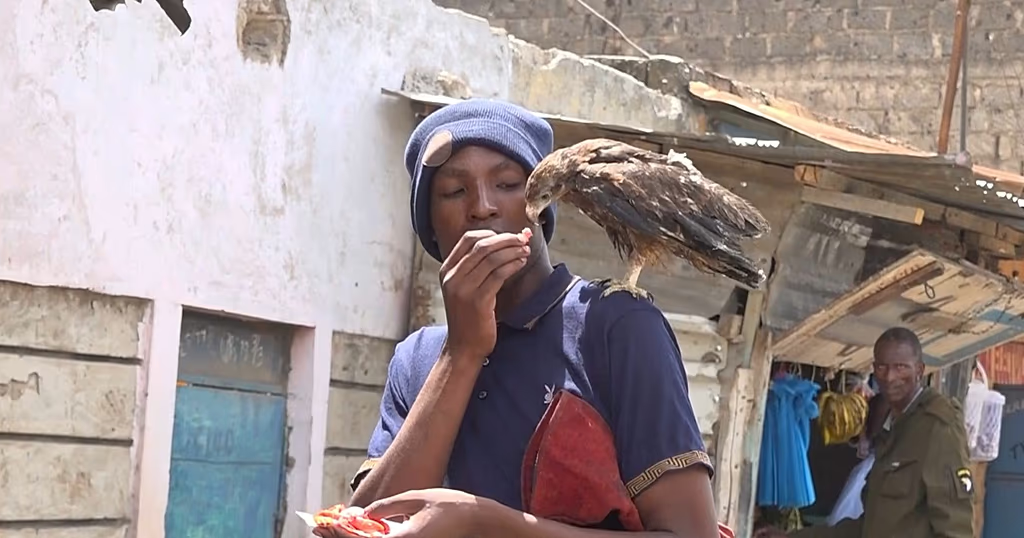A recent report has exposed a disturbing surge in gender-based violence (GBV) in Kano State, shedding light on the urgent need to address its root causes. Kano State, the most populous state in Nigeria, grapples with a crisis that extends beyond mere numbers. The report reveals that GBV has soared to alarming levels, with Kano reporting the highest number of incidents among the seven northwestern states in Nigeria.
Despite the enactment of the Violence Against Persons Prohibition (VAPP) Act by the National Assembly in 2015, which criminalizes various forms of violence including rape, sexual abuse, harmful traditional practices, and domestic violence in Nigeria, the prevalence of GBV persists in Kano. Investigating the troubling trend in Kano, Mariya Suleiman uncovered harrowing accounts of victims.
Suleiman’s investigation uncovered the story of a four-year-old girl (referred to as Hureira to protect her identity) who was lured by a shop owner in Kano with sweets and biscuits before being brutally raped in a secluded area. Shockingly, the child’s mother only discovered the assault after noticing alarming symptoms and rushed her to the hospital for urgent medical attention.
The Center for Information Technology and Development (CITAD) recorded 171 cases of gender-based violence, including rape, between November 2022 and February 2023 in Kano. Additionally, the Kano State Waraka Sexual Assault Referral Centre (SARC) documented over 4,000 cases of sexual violence in the last five years, the highest number reported across Nigeria, according to the International Federation of Women Lawyers (FIDA), Kano Chapter.
Halima Faruk, head of the SARC unit, revealed that the centre currently handles 300 active cases of GBV. To address the surge in incidents, the government has established additional sexual referral centres but has yet to equip them adequately. The gravity of the situation is exacerbated by the tender age of the victims, with cases involving children as young as four years old.
Advocate and Chair of the Board of the Baobab for Women’s Human Rights, Zubaida Nagee, emphasized the profound physical, psychological, and emotional impact of gender-based violence on its victims. Despite extensive advocacy and support programs, securing justice for survivors remains a formidable challenge.
Aminu Usman, the Protocol Officer of the Baobab Centre, decried the escalating cases of SGBV, citing the lack of appropriate laws in Kano to address the crisis effectively. Notably, Kano is one of only two states in Nigeria yet to domesticate the VAPP Act, which contains crucial provisions for combating GBV and ensuring justice for survivors.
Usman also highlighted the absence of comprehensive sex education for children, particularly girls in Northern Nigeria, as a contributing factor to their vulnerability. Additionally, societal norms, stigmatization, and cultural expectations further compound the challenges faced by victims seeking justice.
The prevalence of domestic violence in Kano also presents a growing concern, with many women enduring abuse in silence due to societal pressures to preserve their marriages at all costs.
Unearthing the Scourge of Gender-Based Violence in Kano, Nigeria
Gender-based violence (GBV) is a silent epidemic plaguing Kano, Nigeria, with devastating effects echoing through the lives of its victims and their families. Amid the lush landscapes and bustling streets of this vibrant state lies a grim reality that demands urgent attention and decisive action.
Mr. Usman, a concerned citizen, underscored the pressing concern, emphasizing that Kano’s sizable population exacerbates the severity of the issue. He echoed the sentiments of many in the community, pointing to the harrowing accounts of victims who fell prey to perpetrators luring them with money before perpetrating their heinous acts.
The absence of a Violence Against Persons Prohibition (VAPP) law stands out as a critical underlying factor fueling the escalating cases of GBV in Kano. Abdullahi Shehu, the head of the Kano State office of the National Human Rights Commission, highlighted the commission’s relentless efforts to combat these cases. However, their struggle persists due to the non-domestication of the VAPP Act, a legal instrument deemed pivotal in fostering justice.
Hajara Hamza, a senior magistrate and vice chairperson of FIDA in Kano, emphasized the inadequacy of existing laws like the Penal Code Act in addressing GBV directly. She stressed the indispensable role of the VAPP Act in delivering justice and providing essential legal representation for young girls to hold offenders accountable.
Yet, the Kano State Government’s reluctance to adopt the VAPP Act has stirred controversy, with officials citing concerns about its compatibility with local religious and cultural norms. In contrast, community leader Bala Shehu highlighted the alarming impunity, with offenders eluding repercussions and perpetuating a cycle of abuse.
The personal narratives of victims, such as nine-year-old Aisha and seven-year-old Abu, paint a harrowing picture of the trauma inflicted upon innocent lives. These heart-wrenching stories underscore the urgency for systemic change and governmental intervention to ensure justice for the vulnerable.
Tragically, the case of seventeen-year-old Saratu, who was raped, impregnated, and subsequently killed without obtaining justice, epitomizes the pervasive impunity that emboldens perpetrators. Her family’s desperate plea for closure and safety encapsulates the collective cry for intervention and accountability.
Amid the darkness, there are voices like Mariya Suleiman, a Multimedia Journalist championing the cause of women and children seeking justice and accountability. Her dedication amplifies the resilient spirit of those fighting for a brighter, safer future.
As the sun sets over Kano’s horizon, the shadow of GBV looms large. The collective call for the implementation of the VAPP Act and the amplification of community voices reverberates, demanding an end to the silence and impunity.



